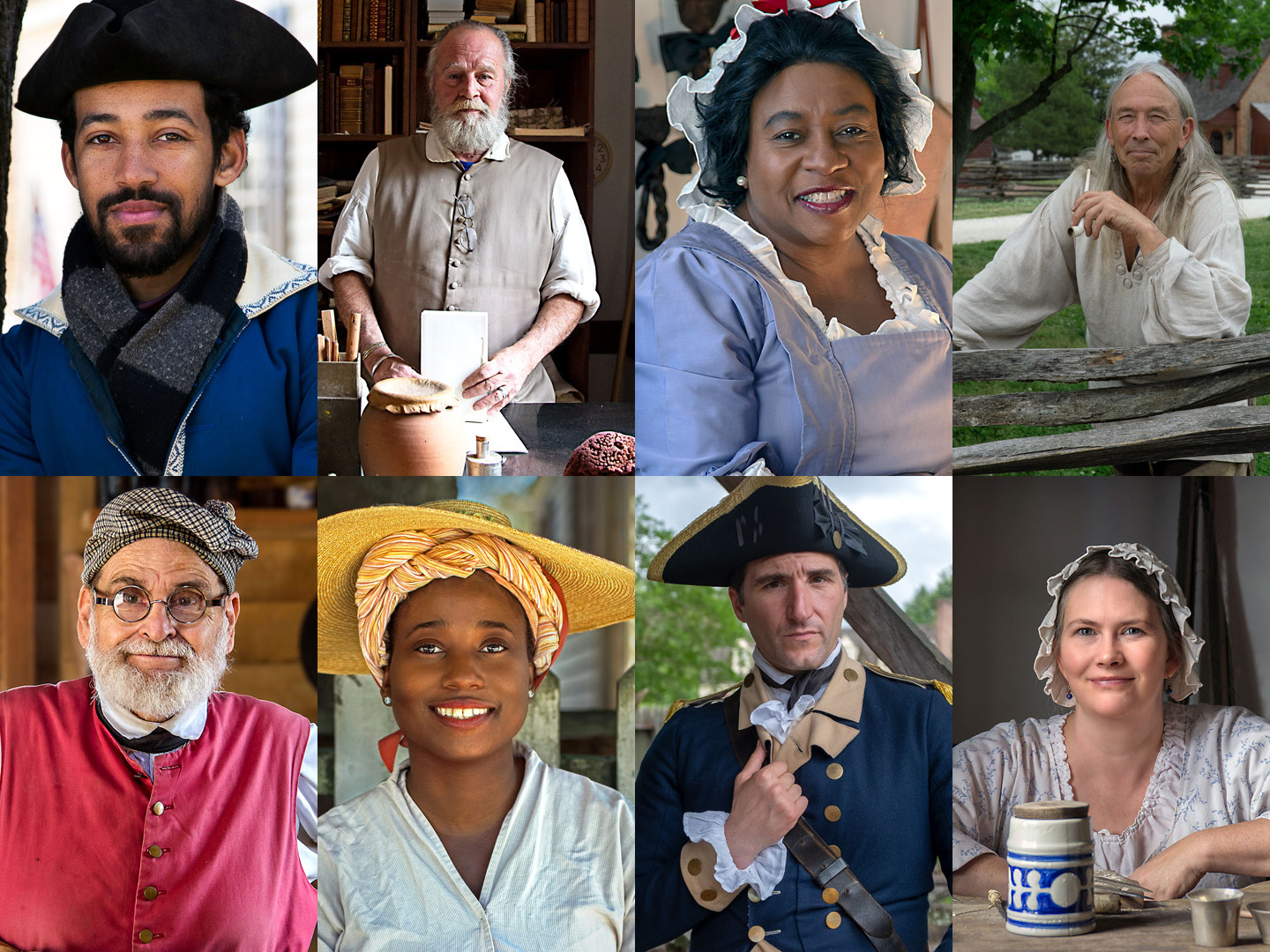How everyone from Tradespeople to Nation Builders to Carriage Drivers learns to bring history to life
In his 24 years at The Colonial Williamsburg Foundation, Ken Treese has held a variety of roles, from interpreter to coach, to journeyman and educator. Now, as the Manager of Interpretation and Professional Development for the Historic Area, we decided he would be the perfect person to break down this form of storytelling for us. We asked Ken to break down the definition of interpretation and tell us more about the training it takes to become an actor-interpreter. Let’s get started ...
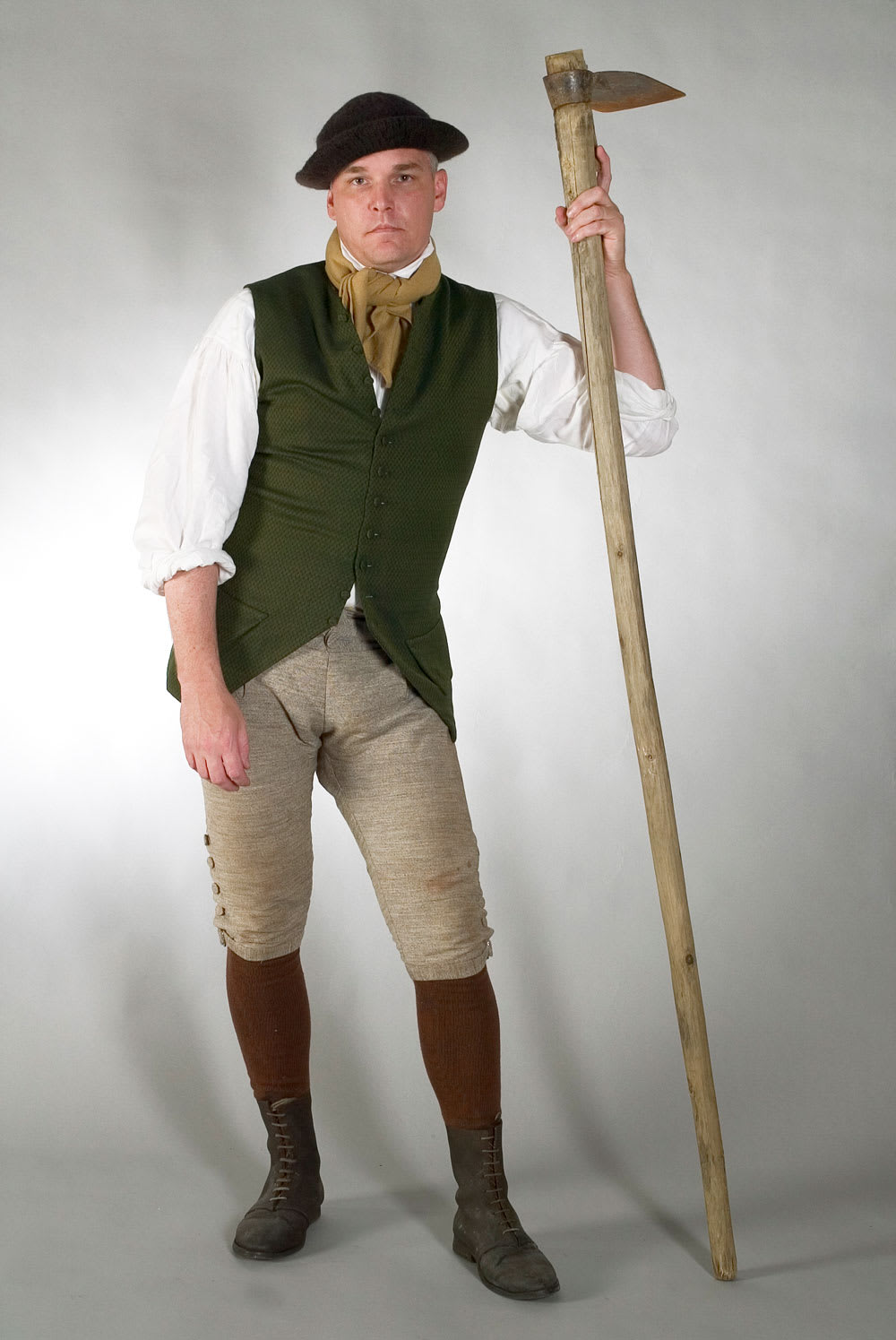
Q: WHAT IS INTERPRETATION?
Ken Treese: Interpretation is a unique way to reveal why our past is important. An Interpreter lives somewhere between the world of educator and Sherpa and his or her chief aim is to connect our audiences to the many meanings of an object, a story, an event or a place. Not unlike a language interpreter translates from one dialect to another, a historic interpreter translates or reveals hidden meanings from our past and makes them relevant to our present.
Here at Colonial Williamsburg we offer an assortment of interpretive approaches designed to meet the various tastes of our audiences. We offer a chance to meet people of the past who immerse our guest in conversations from an authentic 1st person perspective. We have historic dramas that are played out before our guests that recreate events and ideas that 18th-century people experienced. We also offer in-depth tours, programs and trades experiences for our guest. In these experiences the interpreter acts more like a guide who can take a deeper dive into the past with our guest and connect modern relevance to our story.
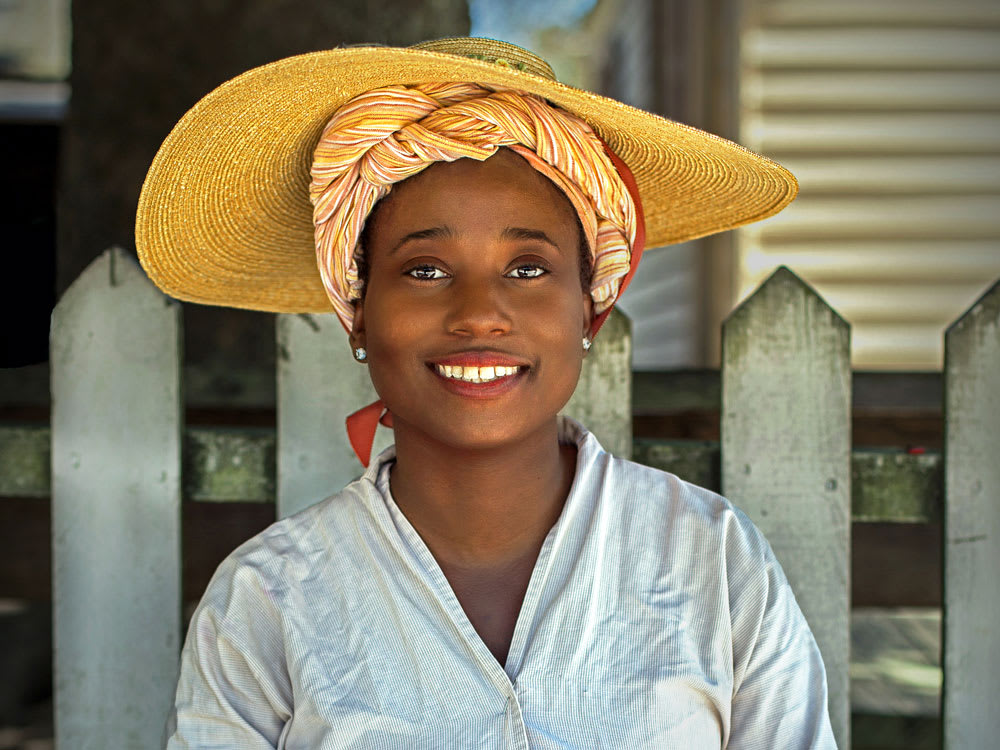
Q: WHO ARE INTERPRETERS AT COLONIAL WILLIAMSBURG?
Treese: Interpreters at Colonial Williamsburg include historic tradespeople, our nation builders, building tour guides, carriage drivers, actor interpreters and anyone performing or speaking in a program.
Q: SO JUST ABOUT ANYONE IN COSTUME IS NOT ONLY A WELCOMING AND FRIENDLY HOST, BUT A KNOWLEDGEABLE RESEARCHER PORTRAYING A PERSON OR LIFESTYLE BASED ON THEIR RIGOROUS STUDY OF HISTORY?
Treese: Yes. In fact, in the past three years we’ve made a concerted effort to be sure everyone a guest meets has National Association for Interpretation training. As new staff members are still working on their training, it’s safe to say that about 90 percent of our staff are Certified Interpretive Guides.
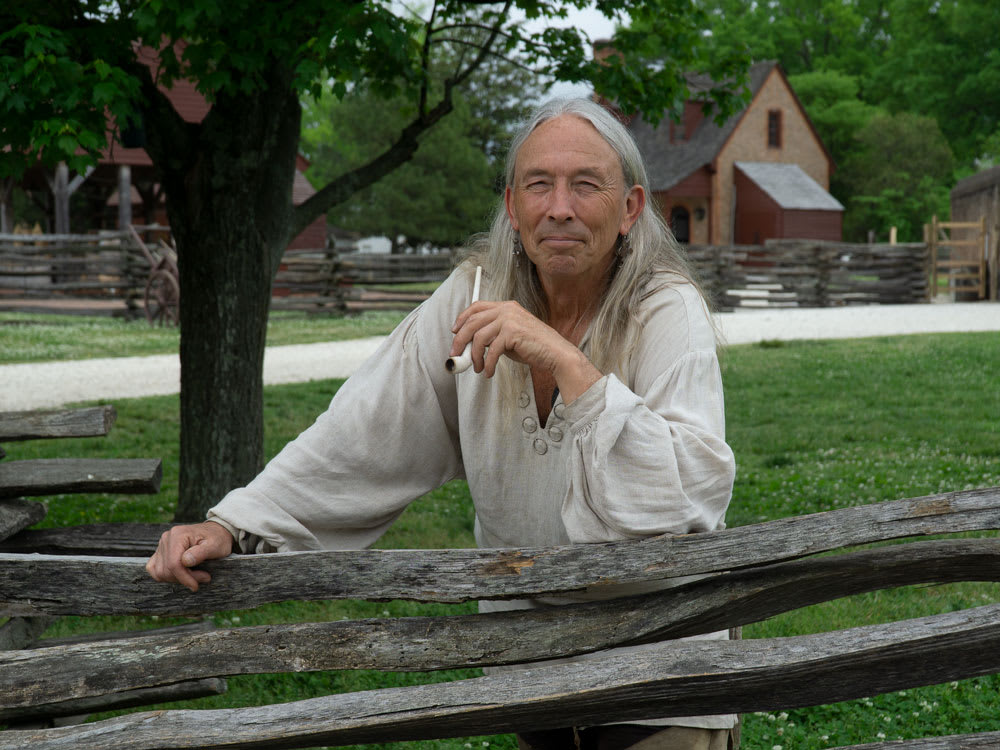
Q: WHAT DOES THAT CERTIFICATION REQUIRE? WHY IS THAT IMPORTANT TO GUESTS?
Treese: The certification is a rigorous four-day course that dissects the principles and processes of interpretation. Trainees must pass a written exam demonstrating their knowledge of interpretive theory and are graded on a 10-minute presentation that demonstrates their understanding of interpretive processes. By becoming certified as an interpretive guide, we all now share the same definitions and philosophy and approach to interpretation. That shared vocabulary is proving critical as we work together to plan new programming, evaluate our work and engage with guests.
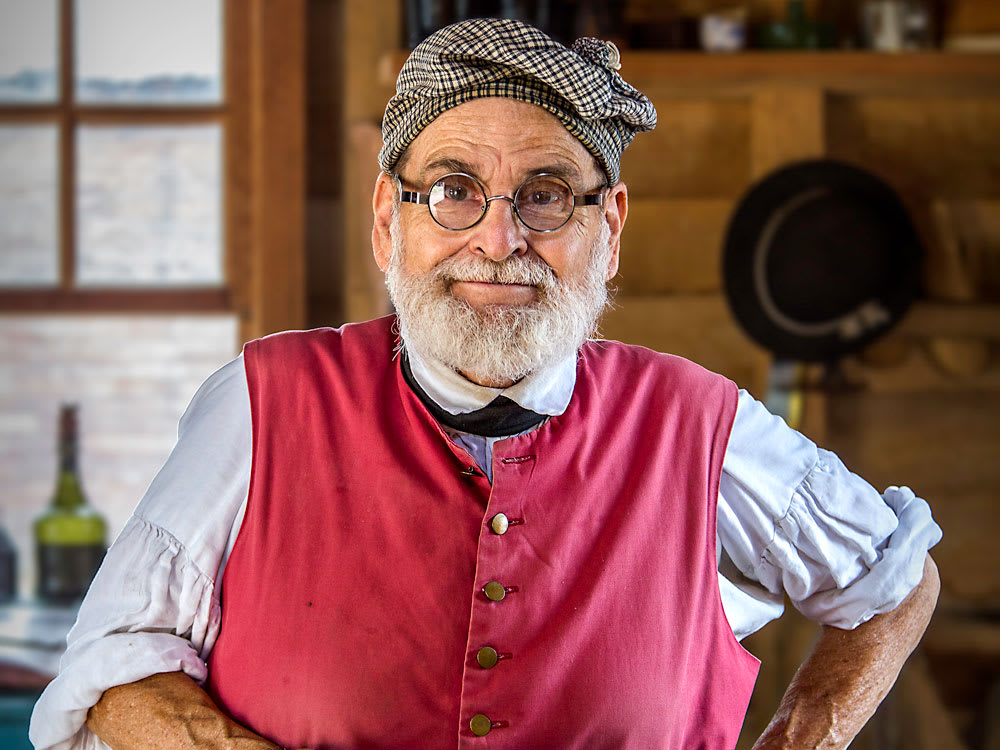
Q: SO AFTER FOUR DAYS OF RIGOROUS WORK, DO ALL OF OUR INTERPRETERS CONTINUE TO RESEARCH?
Treese: Oh yes, being an interpreter is committing to a constant pursuit of knowledge. Training is designed to give the basics and provide the interpreters the tools to become lifelong learners. The certification teaches that the core of interpretation is a formula: Knowledge of Audience x Knowledge of Resource + Appropriate Technique = Interpretation. An interpreter will never master all there is to know about the subjects, so the philosophy is that a good interpreter is always pursuing a better understanding of how people engage, process, and learn, to mine deeper into the understanding of the history they are interpreting. We ask ourselves, “how can I engage the audience to care about their history and this place like I do?” The expectation is that to be a great interpreter, the learning, experimenting and assessment never stops.
Q: WE OFTEN HEAR FROM YOUNG PEOPLE (AND NOT-SO-YOUNG PEOPLE) WHO ASPIRE TO BECOME INTERPRETERS. WHAT WOULD YOU SAY TO THEM?
Treese: I say that if you have a passion for learning and sharing what it is that you learned, then this is the job for you. I have not experienced a job that I had more labor in trying to master nor a job that have taken more satisfaction from then being an interpreter.Interpreter portraits by David O’Dell
